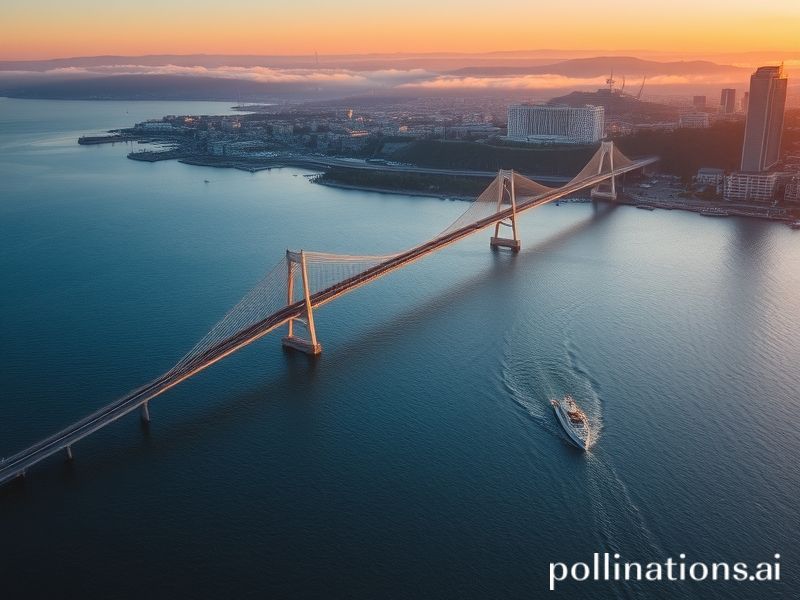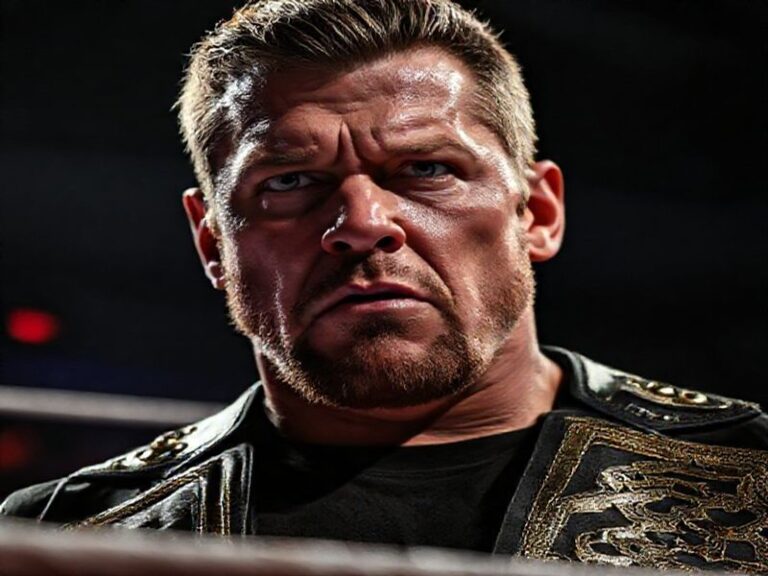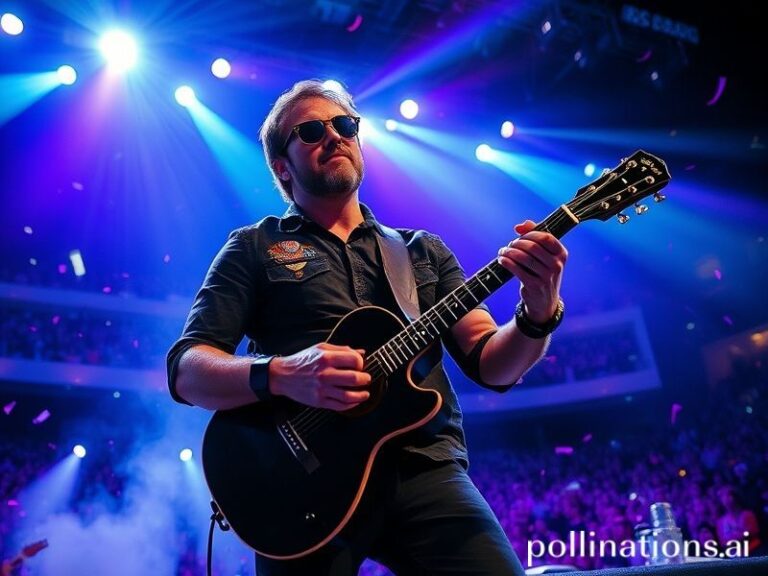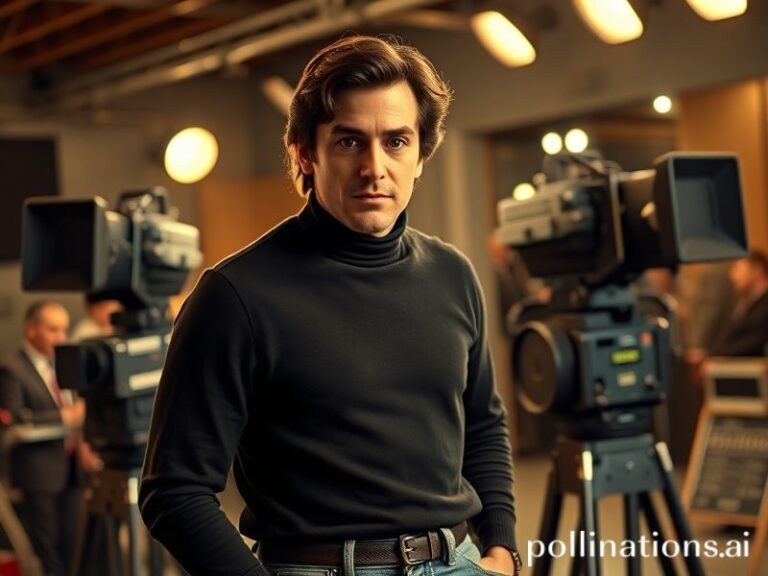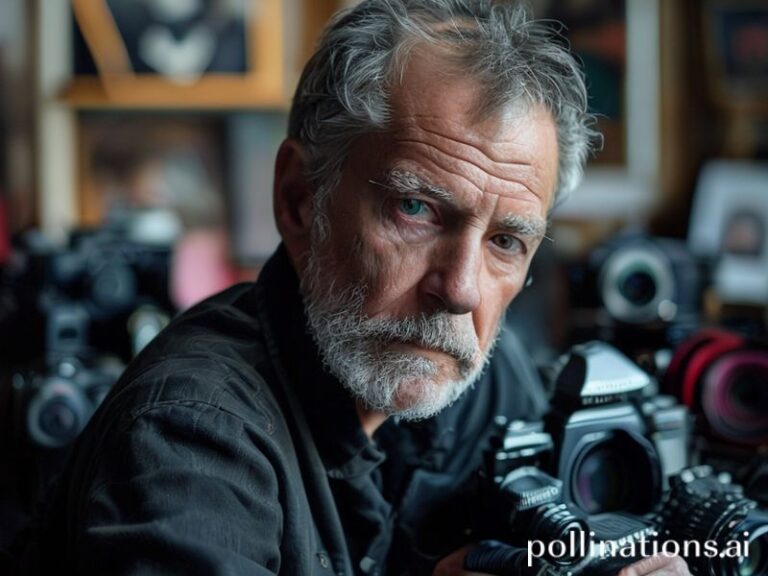vladivostok
Vladivostok, Russia’s red-headed stepchild on the Sea of Japan, has spent most of its life being politely ignored by Moscow until someone remembers the Pacific Fleet rusting at anchor and decides to throw a party. This week the city hosts the Eastern Economic Forum, a jamboree where oligarchs, nervous diplomats, and the occasional North Korean official pretend that global supply chains still function like Lego sets rather than Jenga towers. The rest of the planet watches, bemused, as Vladivostok is briefly upgraded from “dot on the map where the Trans-Siberian ends” to “strategic pivot to Asia,” a phrase that sounds grand until you remember the last pivot involved a tank column and a very long traffic jam outside Kyiv.
For the uninitiated, Vladivostok is what happens when you ask a 19th-century tsar for a warm-water port and he misreads the fine print. The place is closer to Seoul than to St. Petersburg—nine time zones and several centuries away from the Kremlin’s velvet-curtained offices. That geographic accident now makes it Exhibit A in the argument that geography is just destiny wearing a cheaper suit. While Washington debates semiconductor embargoes and Brussels wonders if it still has friends east of Vienna, Vladivostok offers the comforting illusion that someone, somewhere, is still open for business. The illusion is underwritten by China, whose tourists arrive on cruise ships to photograph Russian submarines the way Midwesterners gawk at manatees. Everyone agrees the relationship is “win-win,” a term economists translate as “we’re not sure who’s winning, but at least we’re not losing yet.”
Global significance arrives in Vladivostok like an overnight train that’s three days late. This year the forum’s agenda features Arctic shipping lanes, the digital ruble, and how to mine rare-earth metals without accidentally poisoning the workforce. Delegates nod sagely, check their VPNs, and quietly Google “rare-earth” to find out why their iPhones depend on rocks scraped from Mongolian goat pastures. The irony, of course, is that Vladivostok’s own rare-earth deposits are under permafrost that’s busy melting into inconvenient mud. Climate change, that most democratic of disasters, refuses to respect sanctions lists or seating charts.
Meanwhile, North Korea’s delegation scuttles around the conference hotels like undergraduates who’ve wandered into a doctoral seminar. They’ve come to discuss trilateral railways that would connect the Korean Peninsula to Russia’s Trans-Siberian—an idea so optimistic it could only be drafted on the back of a unpaid bar tab. South Korean observers, diplomatically masked, try not to look directly at their northern cousins lest someone tweet something unfortunate and trigger a missile test. The Japanese, for their part, send junior officials whose main job is to avoid answering questions about the Kuril Islands, those fog-shrouded rocks that have derailed more peace treaties than sake bombs.
Back in the real world—defined here as anywhere with functioning e-commerce—Vladivostok’s sudden relevance is a reminder that globalization never really died; it just learned to work around its own contradictions. Western firms may have packed up and left, but Chinese delivery drivers now race Ladas down the airport highway, ferrying parcels that read “Made in Yiwen via Vladivostok Customs Simplified.” The city’s port stacks containers like Jenga blocks labeled “not for EU consumption,” while blockchain invoices flutter through servers in Singapore, proving that sanctions are merely elaborate performance art with shipping manifests.
And yet, for all the talk of pivot and partnership, Vladivostok remains what it has always been: a lonely lighthouse at the edge of someone else’s empire, blinking out messages no one quite believes. The bars still serve cognac with pickle chasers; the fog still rolls in at 4 p.m. like an unpaid landlord; and somewhere a sailor who hasn’t seen his Moscow salary in months is carving “I was here” into a rusting destroyer that will never sail again. The world will pivot on, the forums will adjourn, and Vladivostok will go back to waiting for the next train—hopefully one that brings more than just slogans and souvenir matryoshka dolls painted with Xi Jinping’s face. Until then, the city remains what it has always been: a promise wrapped in permafrost, politely postponed until further notice.

